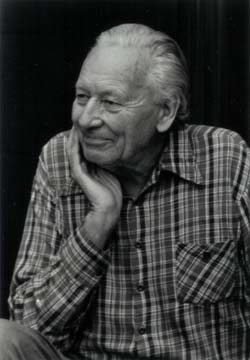Bateson came to see the sociopsychological forms with which he was concerned as related to larger processes of evolution and adaptation. He discerned systematic relations of a number of kinds between processes of evolution viewed as phylogenetic "learning," and the learning which takes place at the individual and cultural level.Important aspects of his thinking about the relationship of the mobile and dynamic processes of adaptation in individual organisms (such as tanning in response to sunlight or individual learning) to less mobile aspects of adaptation (such as skin color prior to tanning) are presented in a dense, closely argued, and important paper,The Role of Somatic Change in Evolution(1963, reprinted in Bateson 1972). The paper, which is difficult to summarize briefly, deals with the "economics of flexibility," what Bateson took to be logically necessary relations between mobile adaptive mechanisms and more stable structures, in relation to aspects of time sequences, to the magnitude and nature of disturbances within the adapting system, and to aspects of hierarchy or "logical typing." The details of his argument, which have had an important influence on some biologists (e.g., Slobodkin and Rapoport 1974) have significant implications for the understanding of the "economics of flexibility" in other types of systems, including sociocultural and psychological ones.
In another essay,Style, Grace and Information in Primitive Art(1972:128-152) Bateson discusses an "economics of consciousness" that is formally similar to his arguments about the "economics of flexibility." Because the dataprocessing capacity of consciousness is limited, it must be conserved. For this, it is necessary to "sink" into the unconsciousness of habit, knowledge, and skills which will then continue to seem true, apt, or necessary regardless of environmental change, maintaining in an accessible "place" only that which must be continuously modified. But this "sinking" of knowledge is done at a price. That which is "sunk" becomes inaccessible and difficult or impossible to change.
Gregory Bateson, August 1978
Photo: © Fred Roll

Thesekindsofargumentsarebasedinlargepartonanalogies.Inhissearchforsignificantsimilaritiesandcontrastsinsystemsinvolvingco


 正在提交中...
正在提交中...



